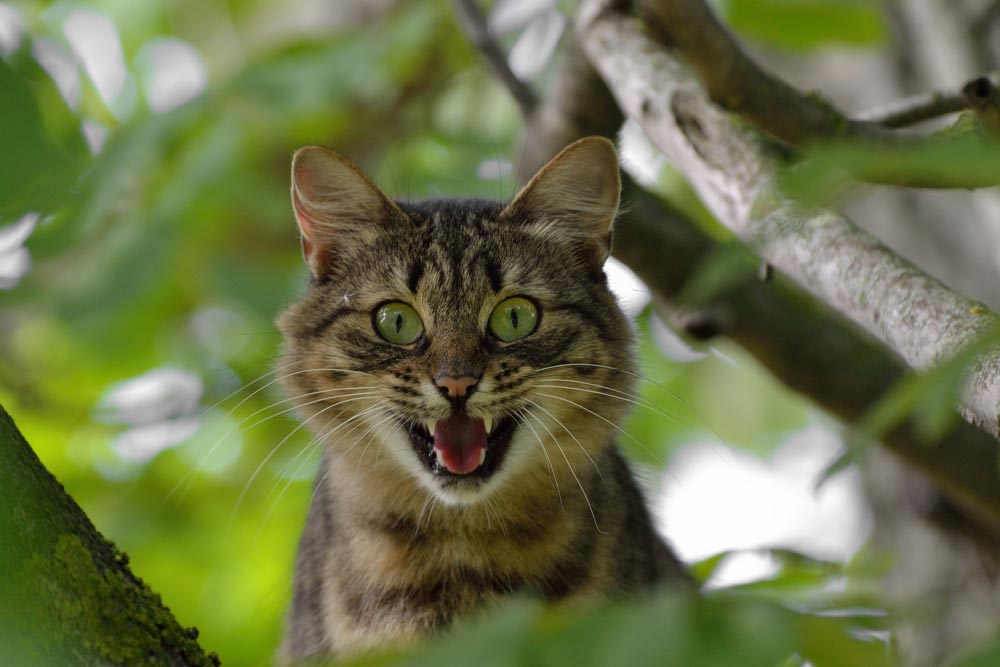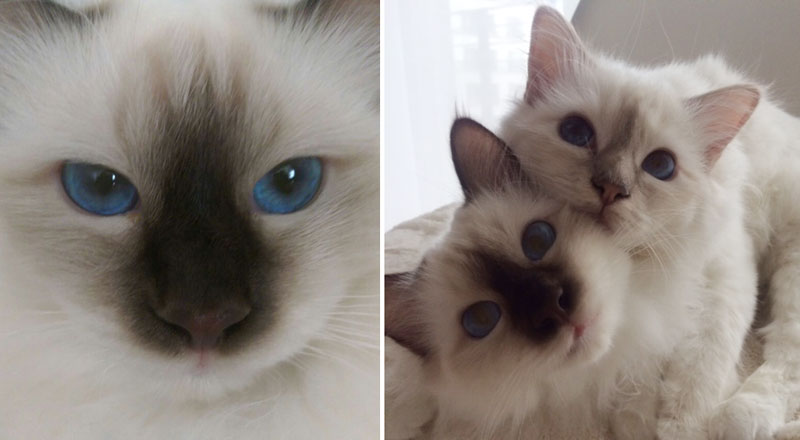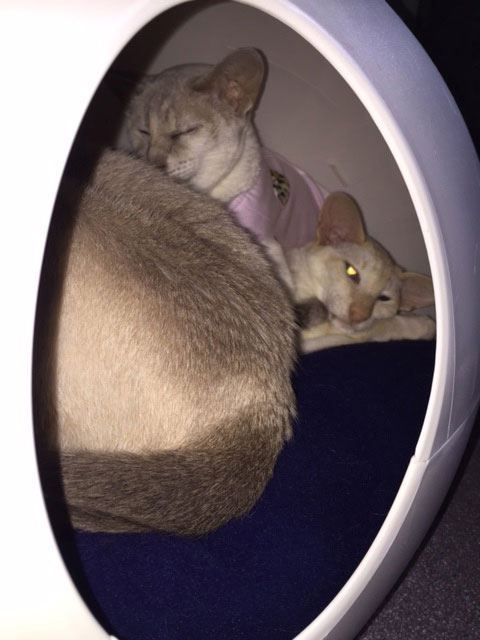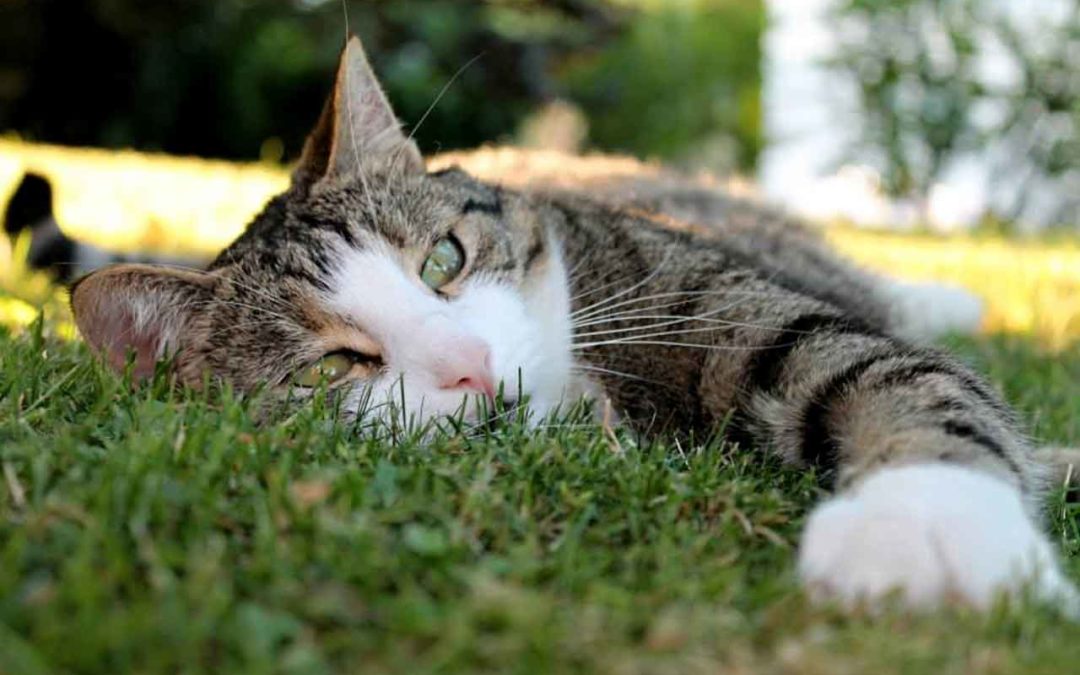
Stressed cats are not happy animals. How can stress be recognized and avoided?
Stress in cats: How can it be recognized and avoided?
Cats are sensitive souls and creatures of habit. Changes in their environment, strange people and animals are just three triggers that can cause stress in cats. Every animal reacts differently to stress, including your pet. One seeks silence and withdraws. The other rebels and shows his stress through uncleanliness. Watch your cat closely. Only if you know your animal well can you immediately analyze the stress symptoms and provide the necessary relaxation.
How do I recognize stress in cats?
Like us humans, every cat reacts differently to stress. However, there are signs that occur quite frequently.
- Increased cleaning
- conspicuous withdrawal
- loss of appetite
- unusual aggressiveness
- constant restlessness
- sudden uncleanliness
- pronounced meowing
What can cause stress in cats?
Unfortunately, hunger, thirst and lack of attention are not the only worries a cat has. Anyone who knows anything about cats knows that the main trigger for stress in cats is change. Cats are creatures of habit and love a regular daily routine. A change in the type of food, a new roommate with two or even four legs, even the food bowl in a different place stresses our cats. The loss of a loved one often leaves its mark. Moving and/or renovation work can be particularly stressful. Loud music or television with cinematic sound can stress cats that are sensitive to noise.
What helps to reduce stress in cats.
- Once you have identified the cause of stress, it is important to eliminate it. If this is not possible, e.g. because a newborn has moved in, the following will help:
Always give your cat access to its usual feeding place. Do not change any food during this time. - Nothing should change in the litter tray either, neither the location nor the cat litter. Make sure that the litter tray is always clean so that the animal continues to feel comfortable.
- If a move is planned, it helps if familiar objects such as the cat’s sleeping area or scratching post are already in their new place. Move the old things first. Only when the cat has acclimatised should you think about buying a new cat bed. It also helps if your velvet paw can slowly get used to its new home.
- Are frequent visits from strangers a stress trigger for your cat? Then give your cat the opportunity to withdraw. Your cat also needs time to get to know the “intruder”. The animal should never be pressurised, but should always decide for itself whether it wants to make contact or not.
This is how you can help your cat relax.
Our velvet paws live and love three-dimensional spaces. Cats love to be in higher altitudes. A cat tree, shelves and cupboards are often used. From there you can observe their habitat from a safe distance.
Give your cat enough space so that she can retreat. A quiet place that cannot be seen or a quiet cave where she can hide are very suitable for this.
Engage with your loved one at least twice a day. Cats that move around a lot and have enough to do are more relaxed. Give your cat lots of attention and play with her extensively so that he feels safe during this stressful time.

Max the cat is a real Rambo!
Max is actually a very sweet, cuddly and affectionate cat. But he also has a dark side …

Dog cookies that are also very tasty for cats
It doesn’t take much effort to bake dog cookies yourself. These treats are quick to prepare and your dog will love them …

3 Siamese in the cat house
Customer feedback – How the Poopoopeedo litter box became a cozy cat house …

Cats and the heat – cooling down your furry friend
Cats and heat. So your house cat can relax and survive the hot summer days.



